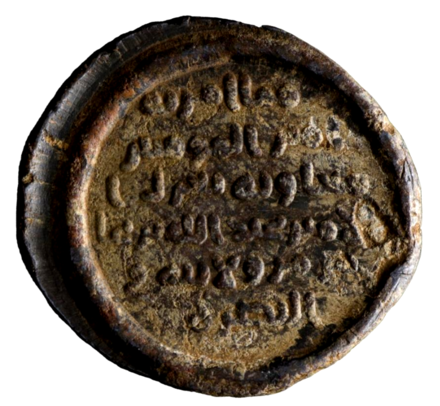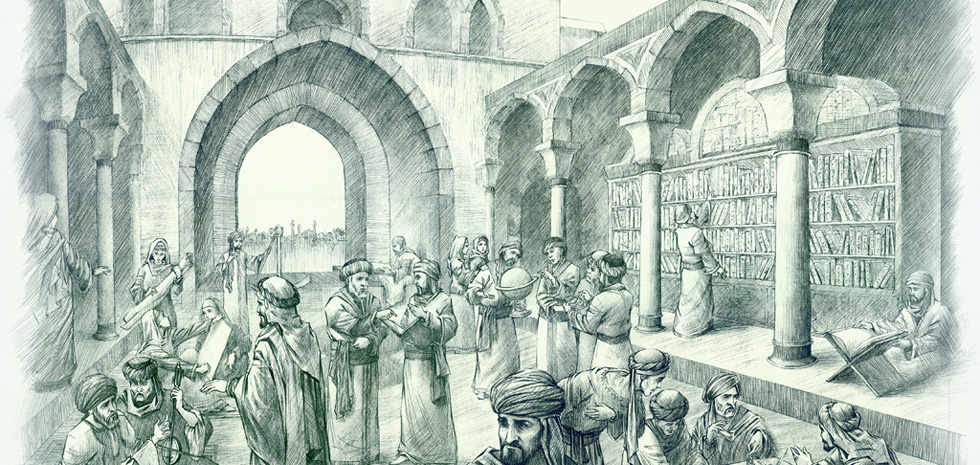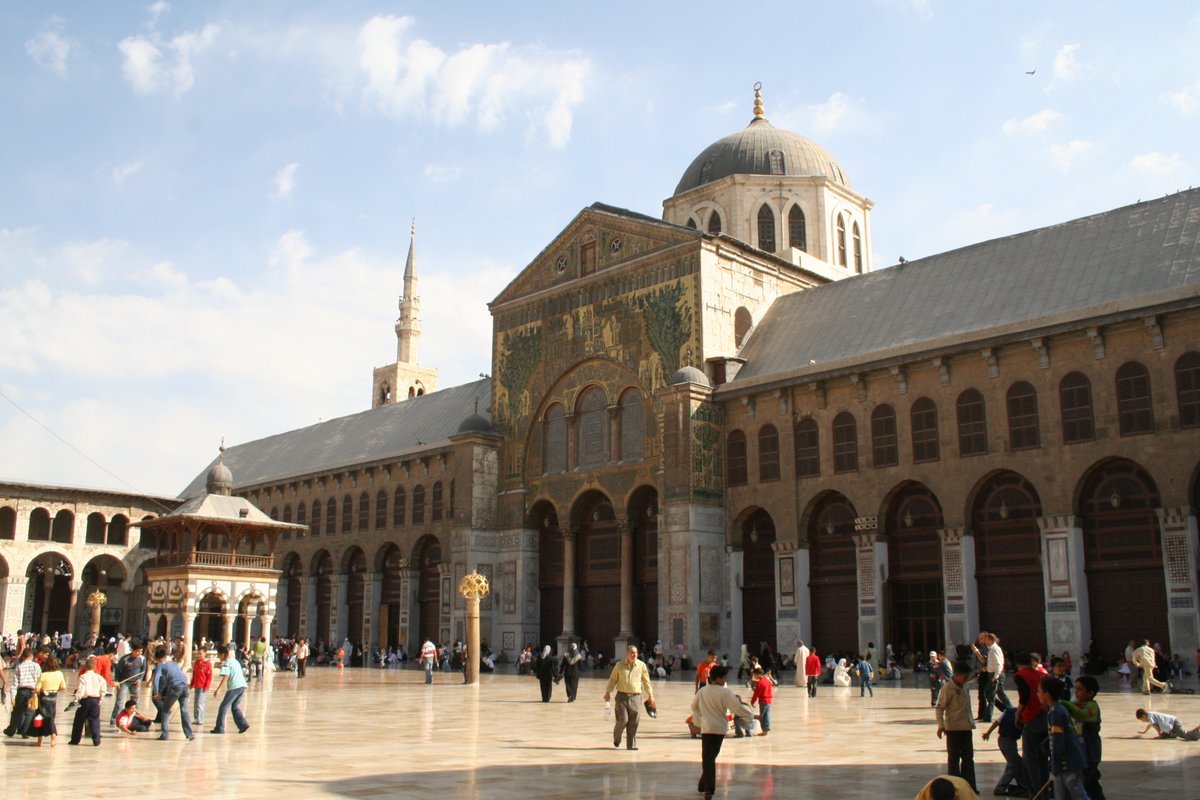Q: Mama, why are you writing about a dead subject like the history of libraries?
Me: Because the history of books and libraries is the history of knowledge. What could be more interesting than that?
A: Writing memes for a start
A thread on libraries in Islamic world...
Me: Because the history of books and libraries is the history of knowledge. What could be more interesting than that?
A: Writing memes for a start
A thread on libraries in Islamic world...
A brief survey of the history of libraries.
While writing about a text wrt the history of book cultures, I came across a fantastic resource @Celeste__Gianni with a great bibliography.
Book collections and libraries existed in various forms but have been around 1400 years
While writing about a text wrt the history of book cultures, I came across a fantastic resource @Celeste__Gianni with a great bibliography.
Book collections and libraries existed in various forms but have been around 1400 years
In the UK, although a few were established in the 17thC, most public libraries were founded in the mid-19thC.
In Islamic world, libraries have existed since the 7thC (1st Islamic century) and came in several forms: (semi-public) palace libraries, private libraries, attached ...
In Islamic world, libraries have existed since the 7thC (1st Islamic century) and came in several forms: (semi-public) palace libraries, private libraries, attached ...
... to religious institutions like mosques, madrasas, hospitals etc (more on this separately), and independent libraries.
The first semi-public library founded by Muʿāwiyah I (d.60/680) and inherited by Khālid b. Yazīd b. Muʿāwiyah (d.85/704)
The first semi-public library founded by Muʿāwiyah I (d.60/680) and inherited by Khālid b. Yazīd b. Muʿāwiyah (d.85/704)
The first private libraries were established in houses in Madinah. The contained collections of ḥadīth, legal documents, notes and poetry. E.g. ʿUrwah. B. al-Zubayr (d.9/712) and al-Zuhrī (d.124/742).
By 8thC, there were libraries in Madinah, Damascus, Basra, Kufa, & in Egypt.
By 8thC, there were libraries in Madinah, Damascus, Basra, Kufa, & in Egypt.
Private libraries included Quran, ḥadīth, sīrah, maghāzī, khuṣṣas, poetry, public records, legal texts, Israʾiliyāt, pre-Islamic desert lit. incl. proverbs/sayings, muʿallaqāt, grammar/language studies, exegeses, theology, translations of Greek philosophical & scientific texts
In 8th-9thC, Caliphs Hārūn al-Rashīd and his son al-Maʾmūn established & enlarged the palace library ‘Bayt al-Ḥikmah’.
Translators and scientists worked here in the Abbasid court: Yuḥannā b. Māsāwayh & Yaḥyā b. al-Baṭrīq, al-Khwārizmī, Yaḥyā b. Abī Manṣūr, Ḥunayn b. Isḥāq
Translators and scientists worked here in the Abbasid court: Yuḥannā b. Māsāwayh & Yaḥyā b. al-Baṭrīq, al-Khwārizmī, Yaḥyā b. Abī Manṣūr, Ḥunayn b. Isḥāq
Between 8th-10thC, there was a huge translation movement with caliphs sponsoring the translation of classical and late antique works of philosophy, science, literature into Arabic.
At the same time, the introduction of paper led to an explosion of book production and writing.
At the same time, the introduction of paper led to an explosion of book production and writing.
*There wasn& #39;t just Bayt al-Ḥikmah’*
Other palace libraries were opened to students/scholars.
A public library, ‘Dār al-ʿIlm’, was founded in Mosul.
Banū al-Munajjim brothers opened their library – focused on maths, mechanics, music, astrology - to students/scholars.
Other palace libraries were opened to students/scholars.
A public library, ‘Dār al-ʿIlm’, was founded in Mosul.
Banū al-Munajjim brothers opened their library – focused on maths, mechanics, music, astrology - to students/scholars.
In 10thC, we find first use of waqf (pious endowments) of book collections - to library of the Umayyad Mosque in Damascus. Soon private collections were endowed for benefit of public in other cities.
The Samanid Sultan Nūḥ II had a private library in his palace in Bukhara (Uzbekistan) that was used by scholars visiting his court, including Ibn Sīnā.
The collection was divided by subject, with a specific room for each subject, it had a catalogue, and employed librarians.
The collection was divided by subject, with a specific room for each subject, it had a catalogue, and employed librarians.
Libraries opened in many Iranian and Central Asian cities. Ibn Sīnā (d.1037) states in his autobiography that libraries existed in the cities of Gurānj, Jurjān, Rayy, Hamḍān and Iṣfahān.
-Ghaznavid Sultan Maḥmūd founded a university in Ghazna (Afghanistan) with a library.
-Ghaznavid Sultan Maḥmūd founded a university in Ghazna (Afghanistan) with a library.
In 10thC al-Andalus (Spain) al-Ḥakam II established ‘al-Maktabah al-Mustanṣiriyyah’ in Cordoba. He also sponsored the translation of books into Arabic. There are varying accounts of the size: <400,000.
Al-Andalus was centre of Arabic to Latin translations from 12th/13thC.
Al-Andalus was centre of Arabic to Latin translations from 12th/13thC.
Various private libraries existed across N/Africa by the end of 10thC. Some were focus of lively scholarly and social activity: the Fatimid vizier Yaʿqūb b. Killis held private gatherings of scholars and poets in his private library every week.
The Fatimid Caliph al-Ḥākim established the library Dār al-ʿIlm in Cairo: the first public independent library. He also established public libraries in Alexandria (specialising in philosophy and medicine), Jerusalem, Tripoli (Lebanon).
That takes us to end of 10thC. If there is interest, I will follow-up with 11th-16thC and the other types of libraries.

 Read on Twitter
Read on Twitter









